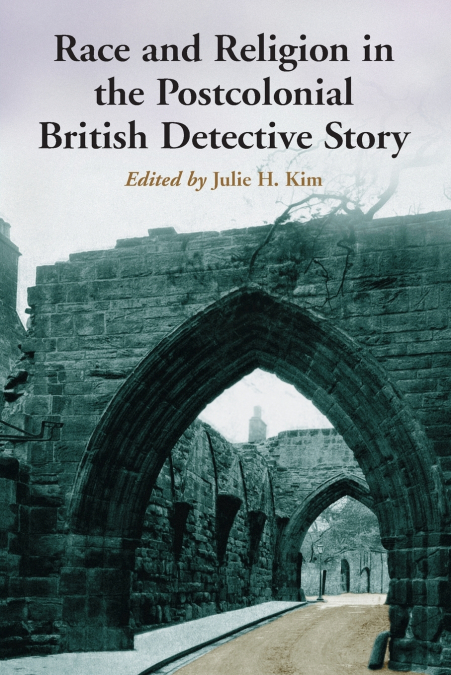
 Librería Perelló (Valencia)
Librería Perelló (Valencia)
 Librería Aciertas (Toledo)
Librería Aciertas (Toledo)
 El AlmaZen del Alquimista (Sevilla)
El AlmaZen del Alquimista (Sevilla)
 Librería Elías (Asturias)
Librería Elías (Asturias)
 Librería Kolima (Madrid)
Librería Kolima (Madrid)
 Donde los libros
Donde los libros
 Librería Proteo (Málaga)
Librería Proteo (Málaga)
In 1929, Ronald Knox, a prominent member of the English Detection Club, included in his tongue-in-cheek Ten Commandments for Detective Novelists the rule that 'No Chinaman must figure in the story.' In 1983, Ruth Rendell published Speaker of Mandarin, reflecting not only a change in British detective fiction but also a dramatic change in the British cultural landscape. Like much of the rest of British popular culture, the detective novel became more and more ethnically diverse and populated by characters with increasingly varied religious backgrounds. Ten essays examine the changing nature of British detective fiction, focusing on the shifting view of 'otherness' of such authors as Ruth Rendell, Elizabeth George, Peter Ackroyd, Caroline Graham, Christopher Brookmyer, Denise Mina and John Mortimer. Unlike their American counterparts, British detective writers have been until recently, overwhelmingly white, and the essays here explore how these authors delve into ethnic diversity within a historically homogeneous culture. Religion has also played an important role in the genre, ranging from the moral certainty of the early part of the 20th century to the skepticism and hostility that is part of contemporary fiction. How this transition was made and how it reflects the changing nature of British culture are detailed here.